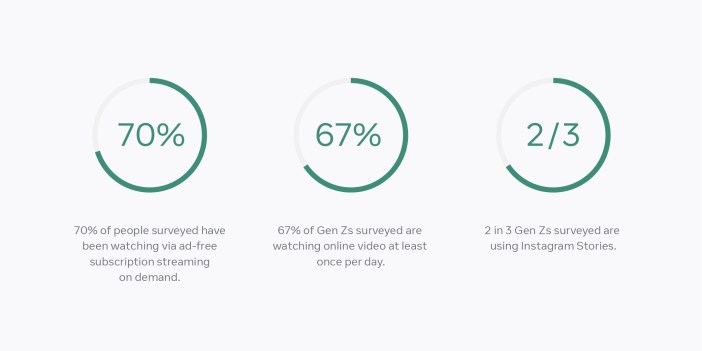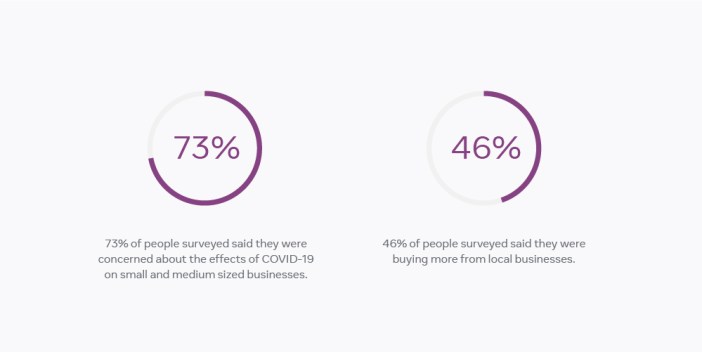Kiwis have become more mindful of their choices, and this has changed the way they approach what they buy and consume. Here Facebook’s Spencer Bailey looks at a few of the key findings from the Future Now research by Kantar and how they impact how businesses should approach consumers.
The pace of modern life can be pretty frenetic. One of the biggest gifts to come out of the restrictions imposed by COVID-19 has been a chance for many people to slow down, reflect and become more mindful of what they are doing, according to new research conducted by Kantar.
Better work/life balance, a simpler life, improved health, more family and ‘me’ time, more time for others and a slower pace of life were some of the top benefits reported by Kiwis from those experiences, and as the world slowly opens back up an astonishing 95% of people said they wanted one or more of these things to continue into the future.
The implications for brands are profound. If you’re not looking at how you can streamline or simplify your product or service to remove friction and enhance people’s time, it’s likely one of your competitors will reap the rewards from doing so.
This research, conducted over six months and surveying more than 5,000 New Zealanders, uncovered a few key ways in which this more conscious approach to life is already manifesting itself amongst Kiwis:
– New media habits;
– New hobbies;
– Buying local;
– Self improvement;
– Wellbeing.
While there is a lot more on each of these developments in the Future Now New Zealand research, here I’m going to focus a little more on just two of them, and the important implications they have for every marketer.

New Media Habits
With more time to fill, people inevitably looked for more entertainment options, and 47% said they spent more time watching things on a TV set. It’s important to note this wasn’t a boom for linear broadcast TV, with 70% of people saying they’d been turning to ad-free subscription video services to fill their time.
This was especially prevalent in younger people, with nearly 90% of Gen Zs and 70% of Millennials reporting this behaviour.

Importantly this rise in ad-free subscription viewing is set to stay – with more than half of the heavier users saying they intended to keep watching more.
That poses some vital questions for marketers: as younger Kiwis turn away from ad-funded channels for their video fixes, where you can find them and what are the advertising opportunities.
The answer is online. While 21% of people increased their web browsing habits in 2020, younger generations greatly over-indexed in that time spent online. Tellingly 67% of Gen Zs are watching online video at least once per day now.
With more than 50% of Gen Zs and Millennials reporting using Instagram and Facebook multiple times per day, products like Facebook Watch and Instagram Stories are an increasingly important destination to get eyeballs for your brand-building video content.
Buying Local
The shift to conscious consumerism is best demonstrated in the concerns and consequent actions of Kiwis when it comes to buying local. More than 70% of people said they were concerned about the effects of COVID-19 on small and medium sized businesses, which make up the vast majority of New Zealand’s enterprises.

Some 46% said they were buying more from local businesses (not just in their neighbourhood, but NZ-made goods) and 77% of them said they had made a conscious effort to do so.
But this support isn’t unconditional – while NZ products are more popular, 59% of people said they wouldn’t pay more just because something is made here, so you still need to show value and price competitively where you can.
Whilst spending time at home and recommendations played an important part in driving people to local businesses, advertising, online and offline, also played a role for 22% of people. Interestingly Gen Z and Millennials were the most influenced here with 30% citing it as a factor for them.
But there is still room for improvement for many – 38% of people said SMEs should be creating greater awareness through social platforms (especially effective for Gen Z / 25-34 year olds where 48% and 42% cited this respectively).
There’s a plethora of simple tools out there any business can tap into, with 28% saying they Discovered products through social media advertising.
This rise in community spirit also presents larger businesses a chance to renew their connections with Kiwis and find better ways to show how they are supporting local people and groups to thrive.
Lastly, people are looking for brands to show them what they are doing in terms of CSR, with more than 40% saying brands should communicate this. But they also want advertisers to be realistic about what is happening – 37% of people want brands to depict the ‘new reality’ of life in their advertising.
To find out more download the Executive Summary of the Future Now New Zealand research.
The post New Zealanders have become more conscious consumers, how are you adapting? appeared first on stoppress.co.nz.
More Stories
Is Tegna Looking to Hub Weather in Its Local Markets?
Stuff Group taps Belinda Francis to lead North Island Markets
Veteran Meteorologist James Spann Voices Support for NOAA and NWS in Anticipation of Trump Cuts